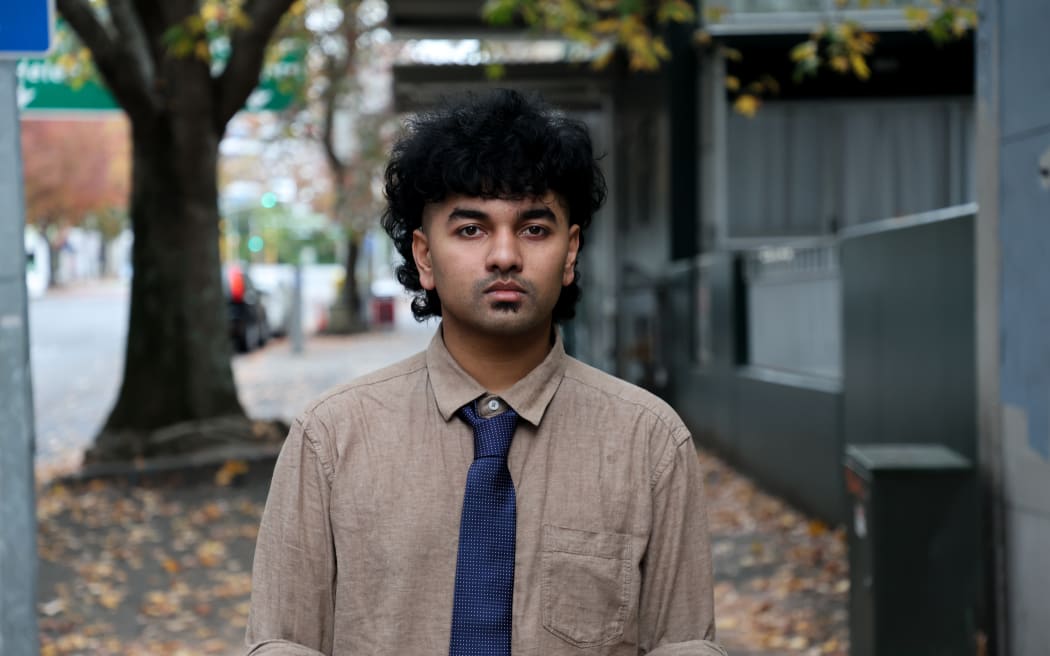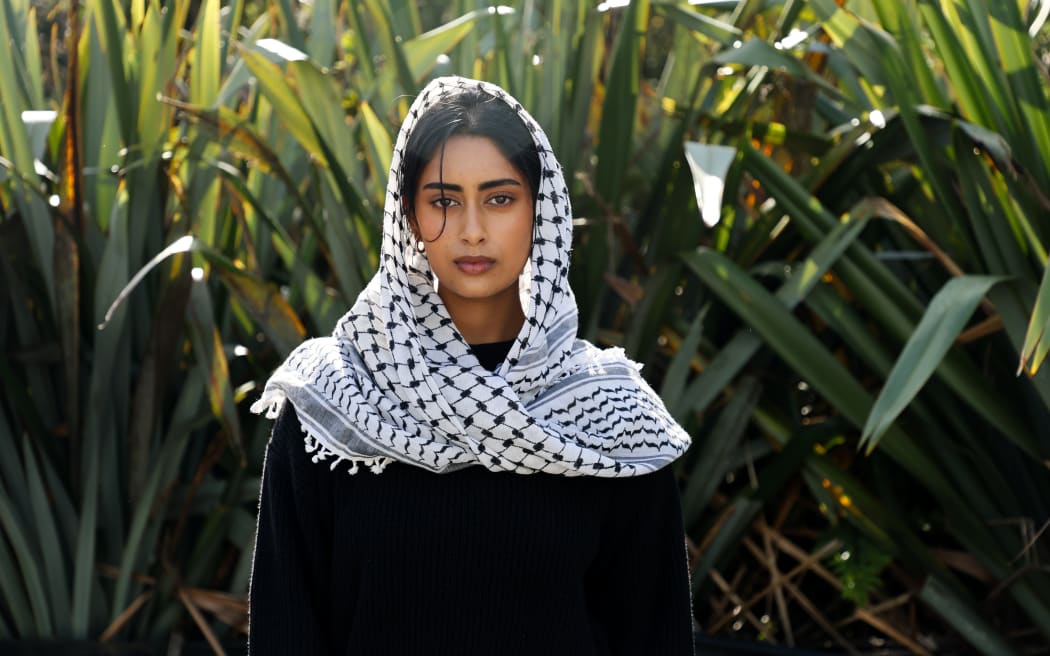Young Indo-Fijians Yearn To Know More About The Girmit Era

Three young Fijians of Indian descent living in New Zealand have expressed a desire to learn more about their history as the community marked Girmit Day on Tuesday.
On 14 May in 1879, a ship named The Leonidas docked in Fiji with 463 Indian indentured labourers who were sent to the Pacific to work in sugarcane plantations.
Over the next 37 years, more than 60,500 people were transferred from all parts of British India to work in Fiji. These workers came to be known as the Girmitiyas, as they were bound by a girmit - a Hindi pronunciation of the English word "agreement".
The hardships of plantation life, squalid living conditions, resettlement, displacement, religious restrictions, lack of companionship and the pivotal role the system played in shaping Fiji's economy is one of the lesser-known chapters of modern Indian and Pacific history.
"There is a collective amnesia around the history of girmit in our society, probably because it was such a difficult time and the previous generation didn't want to share those stories and relive the trauma," Rachael Nath, 29, who moved to New Zealand from Fiji in 2019 and works as a journalist in RNZ's Pacific team, says.
"Even in schools we were taught a watered-down version, as our textbooks were mainly propagating the narrative of the colonisers."
Vish Kumar, a 22-year-old advertising student, agrees. His family moved to New Zealand from Fiji when he was five years old.
"Whenever I talk to my grandparents about the history of girmit, I sense a hesitancy to share on their part," Kumar says. "It feels they don't want to burden me with the sense of truth."
Kumar became interested in the history of his ancestors a couple of years ago. The more he uncovers, he says, the more it feels like a system of slavery.
"People don't want to use that word [slavery] and tend to dismiss it," he says. "But, frankly, it's time the girmit system should be correctly identified for what it was."
Nabeelah Khan, a 20-year-old journalism student, recalls a similar reluctance to discuss the issue at home while growing up.
Her parents migrated from Fiji to New Zealand before she was born.
"The girmit era is not something which is discussed often in Fiji-Indian households here in New Zealand," Khan says.

Rachael Nath moved to New Zealand from Fiji in 2019. Photo: RNZ / Blessen Tom
But Nath, Kumar and Khan all express a collective desire to know more about the legacy of the girmit era, discovering for themselves what happened during those times.
"Slowly and surely, things are changing," Nath says. "There is definitely more discussion around it now. It's also a very personal thing and differs from household to household.
"For us, we have been able to trace our history to the very ship that brought my ancestors to Fiji.
"My great-great-great-great-great (grand)parents left Calcutta [modern-day Kolkata in the Indian state of West Bengal] in February 1909 on the ship Sangola 111. At that time, my maternal grandmother was 21, while my maternal grandfather was 19."
To honour the contributions and struggles of the Girmitiyas, Nath has named her son Kushān Leonidas Bandara-Nath, after the first ship carrying the labourers.
Fiji is on a path for reconciliation, with leaders from across the political spectrum signing a Forward Fiji Declaration last year, hoping to usher in a new era of understanding between the indigenous Fijians and Indo-Fijians.
Fijian Prime Minister Sitiveni Rabuka announced a public holiday for Girmit Day in 2023.
Girmit Day is commemorated on 14 May in Fiji and in New Zealand each year, when the Indo-Fijian community reflects on the British colonial government's indentured system.

Nabeelah Khan's family relocated to New Zealand before she was born. Photo: RNZ / Blessen Tom
Dual identity
The question that eventually pops up is whether Indo-Fijians should be identified by their Indian ancestry or their Pacific heritage.
The community has long opposed proposed moves by the New Zealand government to classify Indo-Fijians as South Asians instead of Pacific islanders.
The government pressed ahead last year to ratify the decision, a move that sparked dissatisfaction in the community.
"Growing up in Fiji, I always identified as a Pacific islander," Nath says. "It was only when I moved here, the system [New Zealand government] told me I am not.
"This was a complete shock and quite hard to sit with. I was denied student assistance because the government here didn't recognise me as a Pacific islander."
Khan recalls instances when she was instructed by her teachers at school to tick the South Asian category when completing forms.
"While growing up in Auckland, I was indoctrinated to just call myself Indian," she says. "If, in a form, I had ticked the Pacific islander category, they would tell me to change it [to South Asian].
Kumar agrees.
"I have faced similar issues," he says. "I feel ticking South Asian or Asian or the Indian category, disregards my Fijian heritage, and I don't want to do that."
Khan proposes a solution.
"Why can't we have a separate Fiji-Indian category if that makes things simple?"






